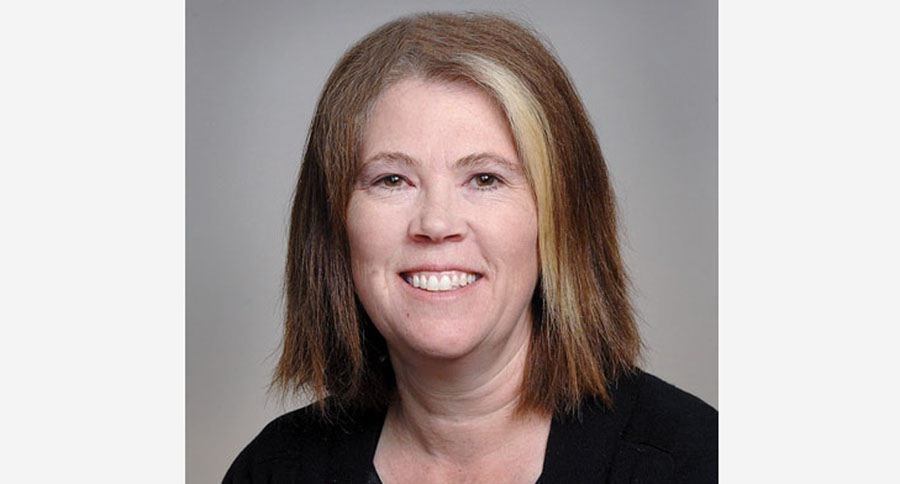Hilary Clinton is in California trying to tie up the Democratic primary. Polls show that she is neck-and-neck with Bernie Sanders but there are three things you should know about this primary: one, even if she loses California she will still win the nomination; two, the polls can't show the hidden problem of voter registration for this primary; and, three, the focus on a Hilary "win" in California is really more about the momentum than it is about delegates.
My first point is that Hilary will win the primary even if she loses California. There are 475 delegates at stake in the primary and 73 super delegates for a total of 548 but, like other Democratic primary races, the delegates from the primary race are proportioned by percentage.
Currently Hilary Clinton has 1,769 pledged delegates and 544 super delegates for a total of 2,313. And Sanders has 1,501 delegates, 45 super delegates for a total of 1546. The magic number is 2,383. Hilary Clinton is only 70 delegates from clinching the nomination. She will obviously get at least those 70 delegates from the proportioned 475 coming from California... in other words, she will win.
Yet, despite the fact that the win is inevitable there has been a great deal of focus on the Sander's surge in California and his dogged determination to stay in the race. But, and this goes to my second point, despite the polls which show a dead heat, the rules for voting in this primary are complicated.
California uses a semi-closed primary, which means that if you are a registered voter for a particular party you must vote in your party's primary. In other words, if I am a registered Democrat I will vote in the Democratic primary. But, if a voter has not declared a party affiliation they will be "known as [a] No Party Preference (NPP) voter." And "[f]or presidential elections: NPP voters, unless they choose otherwise ... will receive a "non-partisan" ballot that does not include the presidential candidates. A nonpartisan ballot contains only the names of candidates for voter-nominated offices and local nonpartisan offices and measures."
In order to receive a ballot with the names of the nominees and in this case only the Democratic Party, the American Independent Party and the Libertarian Party allow NPP voters to vote, "[t]he NPP voter may ask their county elections office or poll worker, at their polling place, for a ballot for one of the above three parties. An NPP voter may not request more than one party's ballot.
A vote-by-mail voter who is also an NPP voter may contact their county elections office or complete and mail or deliver a vote-by-mail ballot application to their county elections office. The vote-by-mail ballot application must arrive by May 31, 2016." In other words, NPP voters have to make a special effort to get a ballot that allows them to vote for a presidential candidate.
It has been noted in the media (see an article by Emily Schultheis entitled Could strange ballot rules hurt Bernie Sanders' chances in California?) that these rules will disadvantage Sanders voters. Schultheis cites Michael Trujillo, a Democratic consultant who served as Clinton's field director in 2008 as saying: "...If Bernie Sanders comes up short, you can literally count the number of ballots from people who wanted to vote for him but just didn't take the extra step."
My point is that the neck-and-neck poll might not show us the whole story because intended Sanders voters may simply be shut out of the process. Moreover, as the Los Angeles Times reports "[Clinton] ...leads convincingly among registered Democrats; 53 per cent of likely Democratic voters supported her, to 37 per cent for Sanders. Throughout the year, she has carried party members in every state but Sanders' home state of Vermont and ...next-door New Hampshire..."
Of course, one wonders why there is such angst about California if Clinton is likely to clinch the nomination. The issue is that if Sanders can win a higher percentage of delegates in California (while still losing the overall delegate count) Clinton will be seen as weak in a state that has been critical to the Democrats in the general election since 1992.
For Clinton, California is more about momentum into November than about winning the primary.



